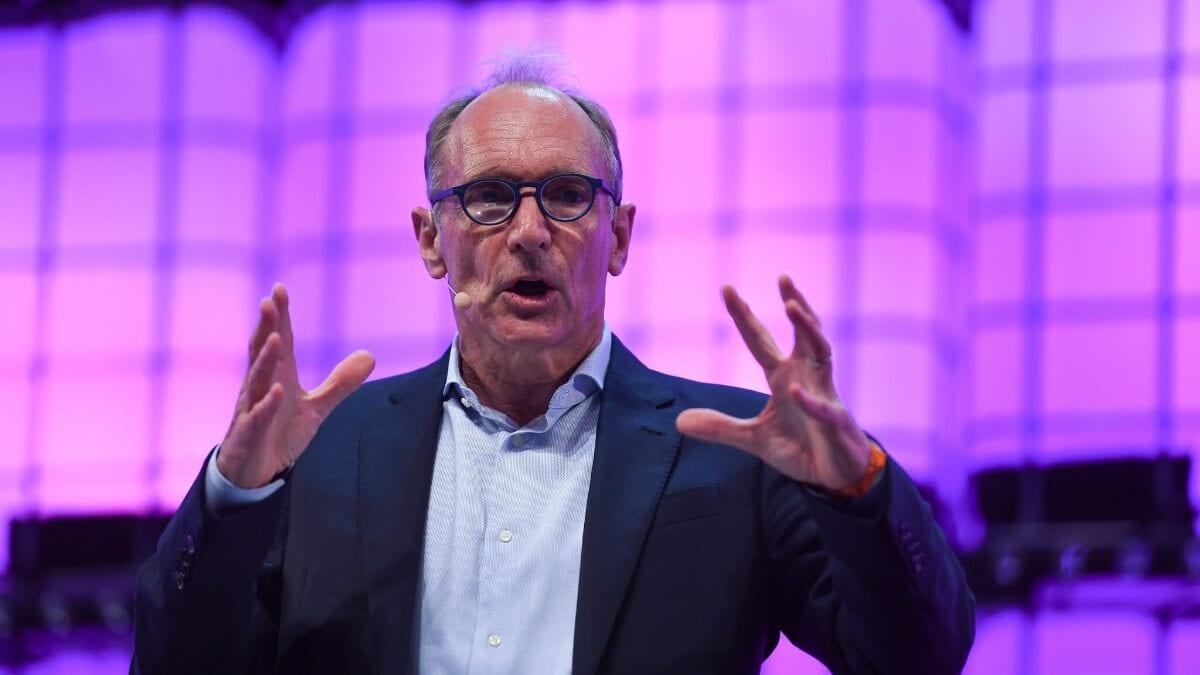The world-wide-web turns 30, what’s next #ForTheWeb
It all started rather innocently. In 1989, some scientists at CERN, the science research center in Switzerland, wanted to automatically share their information with fellow scientists working elsewhere in the world. Email already existed, but there was no easy way to transmit large amounts of data other than saving it on a disk and physically bringing it to another computer.
So Berners-Lee, a researcher working at CERN, created the World Wide Web. It solved the communication problem for the siloed scientists—and changed human existence as we know it.
Today, e-commerce generates $1.2 million every 30 seconds. 4.3 billion people, more than half the world’s population, use the web every day. The average American spends 24 hours—about a fifth of their waking life—online every week; in some countries, the number is even higher.
Back then, Berners-Lee called his vision for the web “utopian.” He wanted it to be a place where all people had access to the best information at any time. And the web we now use accomplishes that, at least to a certain extent. We’ve got sites like Wikipedia and Github, which are devoted to collaboration and information sharing. Developers and information seekers everywhere are the better for their existence.
In other ways, though, the web hasn’t fulfilled Berners-Lee’s vision. Malicious actors and their army of bots have filled the web with information that’s partisan and intentionally misleading, altering elections, driving genocide, and forcing people to question everything they read online.
The web is for everyone and collectively we hold the power to change it. It won’t be easy. But if we dream a little and work a lot, we can get the web we want.
Sir Tim Berners-Lee
Each year on this date, Berners-Lee writes an open letter about the state of web. For its 30th birthday, today’s inaugural address calls for companies and governments to introduce regulation in order to curtail the misinformation and hate speech that has made the web a less enjoyable place to spend time.



